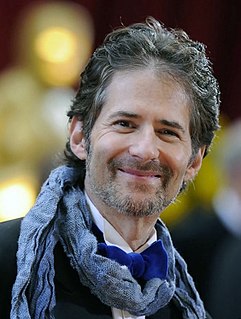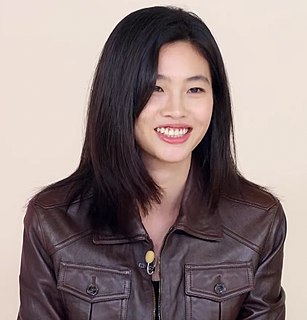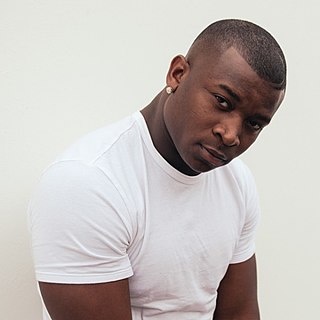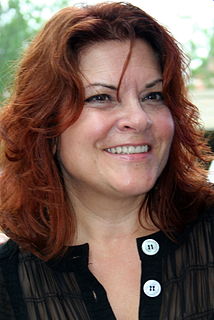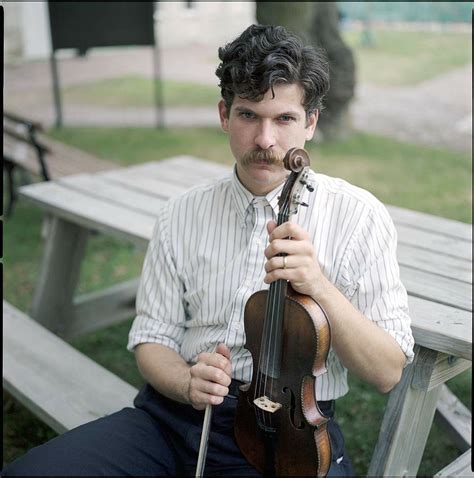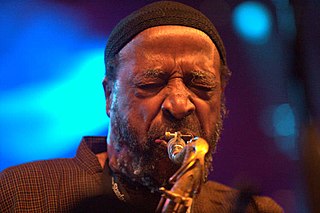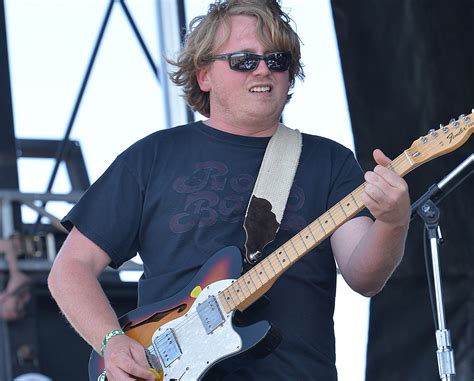A Quote by James Horner
I am a musicologist, a doctor of music. Therefore I listened to, studied and analysed a lot of music. I also enjoy metaphors, the art of quoting and of cycles.
Related Quotes
I particularly enjoy cello music because our daughter plays the cello. I have listened to her practice for so many hours that I am familiar with the music written for that instrument. I am also fond of the popular music of the 1930s because my future husband and I danced to it so many Saturday nights when we were in college.
I lived in the Caribbean when I was a teenager, so I learned about Salsa and Cha-Cha and all these Latin Afro-Cuban music like Gillespie and Duke Ellington, also bridged with Jazz. But my mother is Greek, and so I've also listened a lot to Greek music. And through the years to Balcanic music to Arabic music because my father loved music from Egypt.
Basically, I thought for a very long time that making music and art projects, that that was just something that I did, and real life was separate. And I'm starting to realize that the things that I do, making music and art and photography and all that, it's not just something that I do. It's who I am. So I don't think I'll ever be able to stop. It's like that curse that you live with, this thing that you love but you also hate it at the same time. It brings you a lot of joy but also a lot of heartbreak.
I couldn't listen to music with lyrics for the first few months after the brain surgery, because they were too complex and disturbing. So I listened to a lot of classical music. I didn't really want to read, either, so I listened to books on tape or watched movies. I also re-taught myself all of my childhood piano pieces. It helped me repair my brain.
Each culture has some knowledge. That's why I studied with Saj Dev, an Indian flute player. That's why I studied Stockhausen's music. The pygmies' music of the rain forest is very rich music. So the knowledge is out there. And I also believe one should seek knowledge from the cradle to the grave. With that kind of inquisitiveness, one discovers things that were unknown before.
